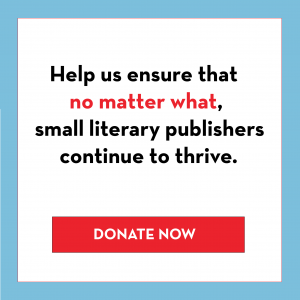We spoke with Cat Fitzpatrick and Casey Plett, the cofounders of LittlePuss Press, in our latest Member Spotlight.
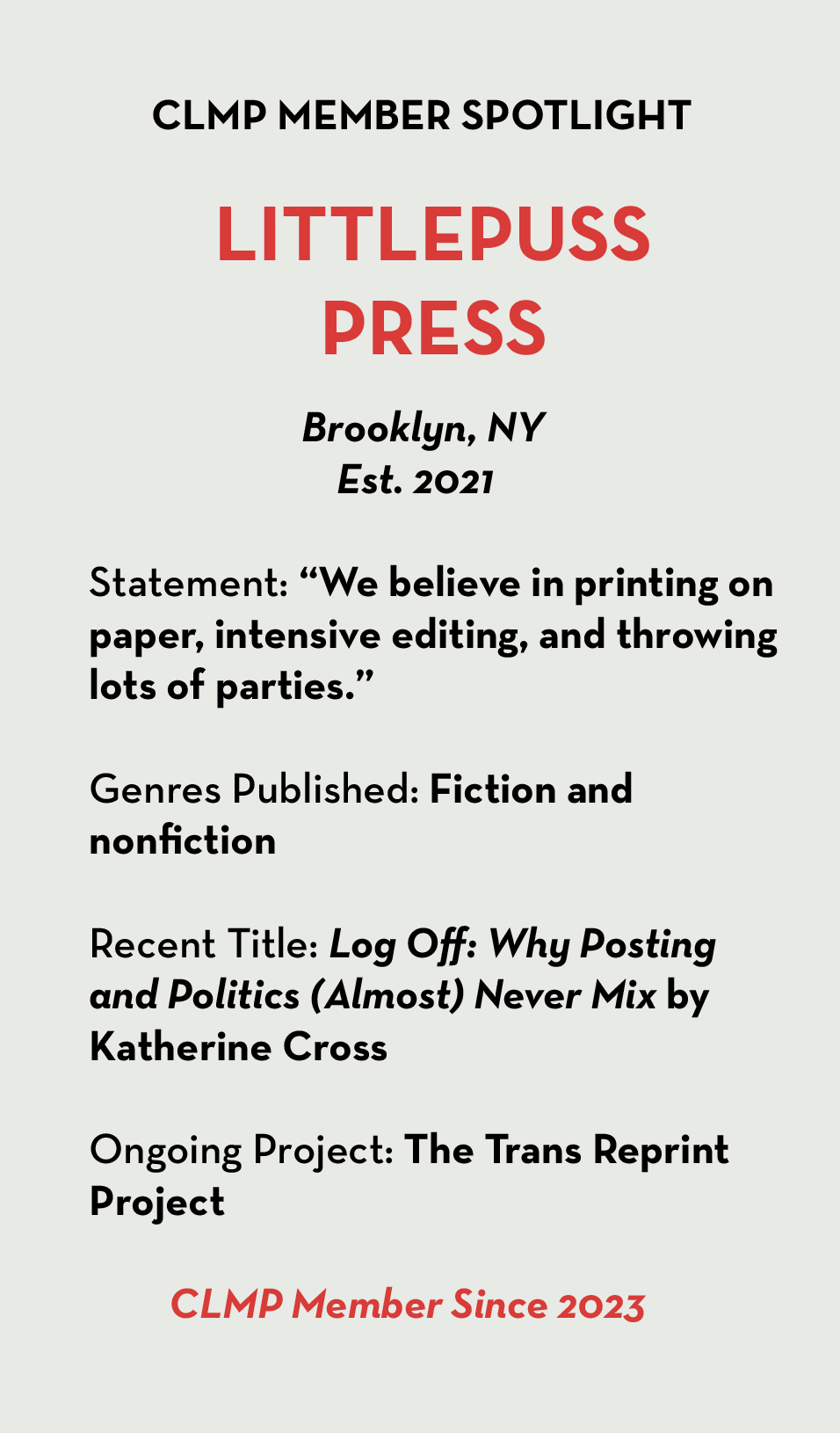 What is the history behind LittlePuss Press? When was it founded and what is its mission?
What is the history behind LittlePuss Press? When was it founded and what is its mission?
We are escapees and survivors from the wreck of the HMS Topside Press, a trans press that from 2012 to 2017 published several of the most important works of recent trans literature, then imploded in spectacular fashion. Cat served as editor there for a while, and we worked together for the first time on Topside’s 2017 anthology Meanwhile, Elsewhere: Science Fiction and Fantasy from Transgender Writers.
Clinging to a case of copies of Sybil Lamb’s I’ve Got a Time Bomb (the maniacal, hyperreal trans picaresque masterpiece that remains, in our view, among the greatest books of the twenty-first century so far), we floated ashore in a remote little seaside town called Brooklyn, and immediately (well, like four years later, as it took us a while to recover) started trying to rebuild what was lost. We set up a company, named it after bits of our own books, and began by reprinting Meanwhile, Elsewhere, which was out of print, in June 2021.
Basically, we are just like the willfully sentimental sailors in “The Mary Ellen Carter,” but for trans/feminist publishing. We will never give up on the dream!
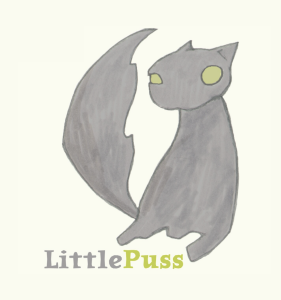
What does it mean for you to be a “feminist press,” and why is this important?
Feminist presses are important because feminism is important—especially in this time of renewed threats to both trans and cis women’s bodily autonomy. A feminist press run by trans women is important because trans women are central to feminism, not peripheral to it.
What are some other feminist presses, literary journals, and organizations you admire?
Metonymy Press, Cipher Press, Instar Books, Flying Books, The Feminist Press, and Dorothy, a publishing project! Also Hot Pink Magazine—they rule.
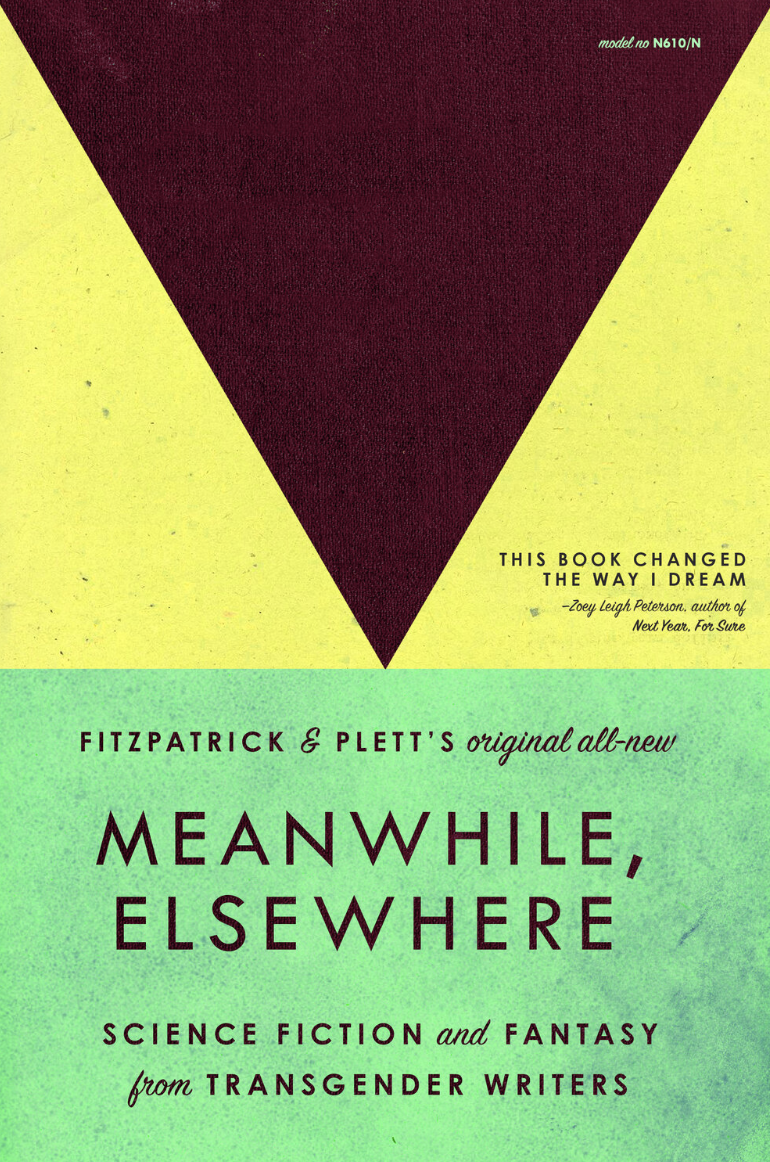 On your About page, you say LittlePuss Press believes in “intensive editing.” What does this entail?
On your About page, you say LittlePuss Press believes in “intensive editing.” What does this entail?
A core principle of our editorial approach is that every book is different, and it is the job of the editor to figure out what it needs and then provide that. If the draft we receive is essentially already complete and publishable, we might take a relatively light-touch approach: two or three successive rounds of feedback, typically involving four or five pages of synoptic feedback and a few hundred in-document comments, as well as a bunch of conversations.
For others—particularly if we receive an incomplete project, or are encouraging a writer whose shorter works we like into writing something longer—we might offer more developmental editing. This usually entails working with the author to identify what they need to write and how the book can be structured, and offering feedback on sections as they write them.
Finally, for some projects—often the most inspired and chaotic—we might offer more intensive interventions in the text itself, particularly through detailed reordering or, as one writer described it, cutting the text apart and stitching it back together again.
Our aim is always to champion and publish books that wouldn’t happen if we didn’t make them happen; if someone else could and would publish a book, we think they should. Our dedication to an intensive editorial process, then, reflects our dedication to publishing the kinds of books for which such intensiveness is a necessity.
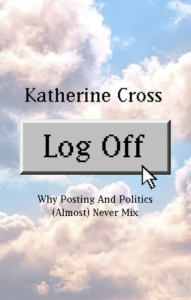 Can you tell us about some of your recent and forthcoming titles?
Can you tell us about some of your recent and forthcoming titles?
This month we published Katherine Cross’s Log Off: Why Posting and Politics (Almost) Never Mix. Cat will confess that she was initially skeptical about a book of “argument,” thinking, we’re a press for stories, not opinions. But Log Off really is a story—specifically, the story of how Katherine Cross tried to persuade herself to log off and couldn’t. It starts with Cross’s total disaffection following social media’s failures in response to the pandemic, and proceeds to drag our heroine through many amusing episodes of foolery and caddishness. She faces dungeons of despairing prisoners of fear, camps of leftist gun nuts consumed by anger, and veritable brothels of horny-on-main e-girls, before emerging… defeated and yet triumphant. With both a penetrating analysis of why social media sucks at political change, and also a renewed appreciation for the elements that are fun—the shitposting, the flirting, the good bits. This is no scolding manifesto, then: It is a picaresque adventure!
How can interested writers submit their work to LittlePuss Press?
We try not to have defined reading periods—we want to be open to writers as and when they are ready to get in touch. We are currently accepting book-length submissions of fiction and creative nonfiction, and this summer we are particularly excited to receive novels, including verse novels. We’re also looking forward to reading genre fiction, such as sci-fi, mysteries, horror, fantasy, and alternative history.
There are no restrictions on the identities of the authors we consider—LittlePuss Press submissions are open to all. We are also willing to consider incomplete manuscripts in their initial stages.
In addition, we are currently considering proposals to reprint historically significant literary works, of any genre, by trans authors—specifically those that have gone out of print or are otherwise unavailable to readers. People who control the rights to such a work are welcome to reach out.
We have a Submittable—thanks in fact to CLMP!—where interested writers can learn more and submit.
